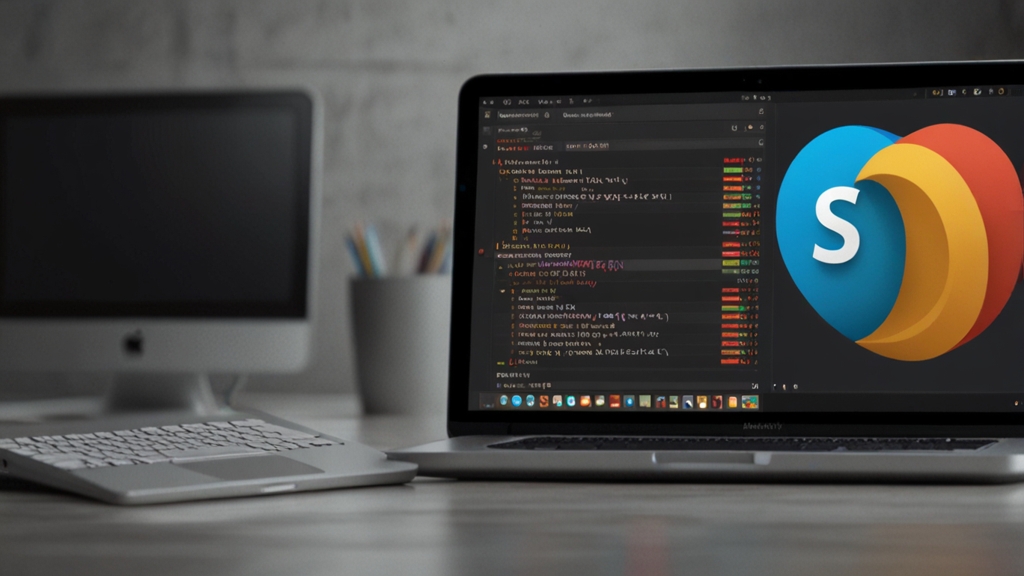Introduction
The software development industry has long been dominated by men, leading to persistent stereotypes and biases. However, women in software development are increasingly shattering these stereotypes and driving significant change in the industry. Their contributions, resilience, and leadership are challenging the status quo and paving the way for future generations. This article explores the impact women are having in software development, the obstacles they face, and the initiatives that are supporting their advancement.
Breaking Stereotypes
One of the most persistent stereotypes in software development is the perception that it is a "male" field. This stereotype has been perpetuated by historical gender roles and biases in STEM education. Despite these challenges, women in software development are making tremendous strides and breaking down these barriers.
"The future of coding is female. The rise of women in tech is a testament to their incredible talent and determination. They are not just participants in the industry; they are leaders shaping its future." - Anonymous
Women like Ada Lovelace, who is considered the first computer programmer, and Grace Hopper, a pioneer in computer science, laid the groundwork for future generations. Today, women are founding startups, leading development teams, and making groundbreaking contributions to software engineering.
Challenges Faced by Women in Software Development
Despite their achievements, women in software development still face numerous challenges. These include gender bias, a lack of mentorship opportunities, and a significant gender pay gap. Additionally, the underrepresentation of women in leadership positions remains a barrier to greater equality in the industry.
"Gender bias still exists in tech, but every time a woman breaks through, it becomes a little easier for the next." - Reshma Saujani, Founder of Girls Who Code
Workplace culture can also be a hurdle. Women in male-dominated environments may experience isolation and a lack of support. These challenges highlight the importance of creating inclusive and supportive work environments that allow all employees to thrive.
Driving Change and Creating Opportunities
Despite these challenges, numerous initiatives are working towards gender equality in software development:
- Mentorship Programs: Organizations like Girls Who Code and Women Who Code provide mentorship and resources to young women entering the tech field.
- Inclusive Hiring Practices: Companies are increasingly adopting policies that promote diversity and inclusion in hiring.
- Educational Outreach: Programs aimed at encouraging girls and young women to pursue STEM education are critical in fostering early interest in software development.
These initiatives are creating environments where women can flourish and lead. They are crucial in changing perceptions and fostering a culture of inclusivity and respect.
Success Stories
The impact of women in software development can be seen in remarkable success stories across the industry. For instance, women like Marissa Mayer, who served as the President and CEO of Yahoo!, and Sheryl Sandberg, the COO of Facebook, have demonstrated exceptional leadership in tech.
"Success is not about doing what others think is possible; it’s about pushing the boundaries of what we believe is achievable." - Marissa Mayer
Additionally, women-founded tech companies such as Bumble, led by Whitney Wolfe Herd, and Cloudflare, co-founded by Michelle Zatlyn, are making significant impacts in their respective fields.
Conclusion
Women in software development are not only breaking stereotypes but are driving meaningful change in the industry. Their contributions highlight the importance of diversity and inclusion in tech, and their leadership is inspiring future generations. While challenges remain, the progress being made is undeniable. Through mentorship, supportive policies, and educational initiatives, the future of software development is becoming brighter and more inclusive.
The journey towards equality is ongoing, but with continued effort and commitment, a tech industry where everyone can thrive is within reach.











